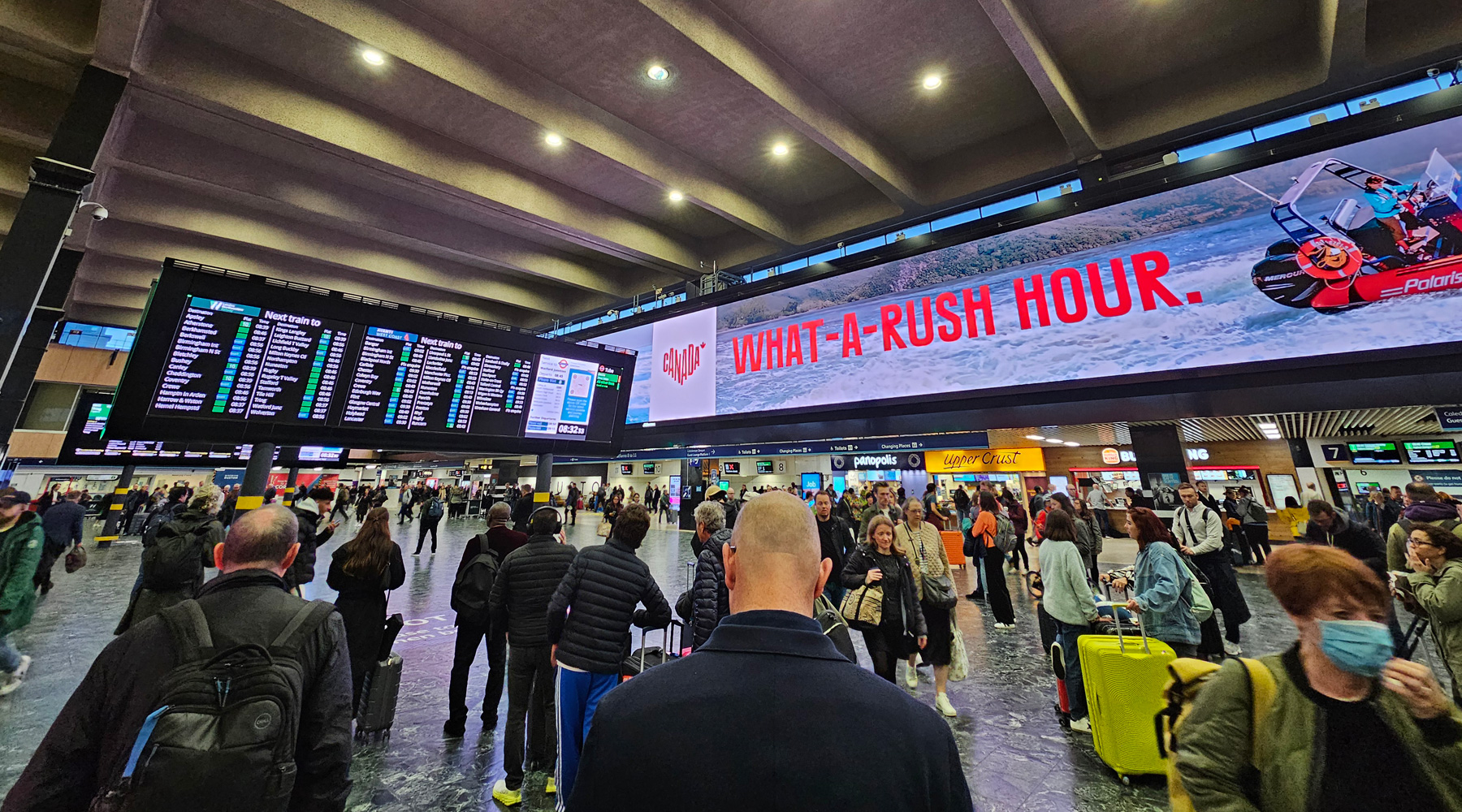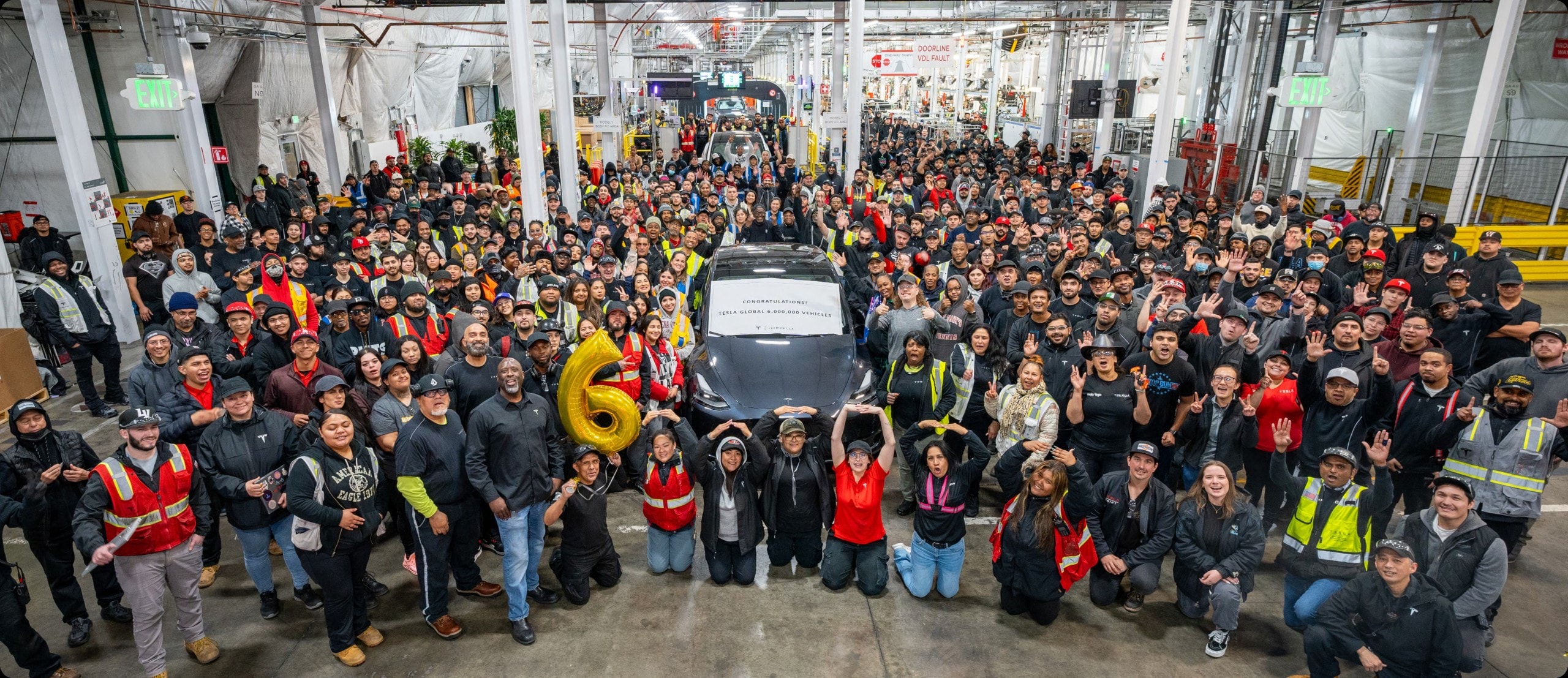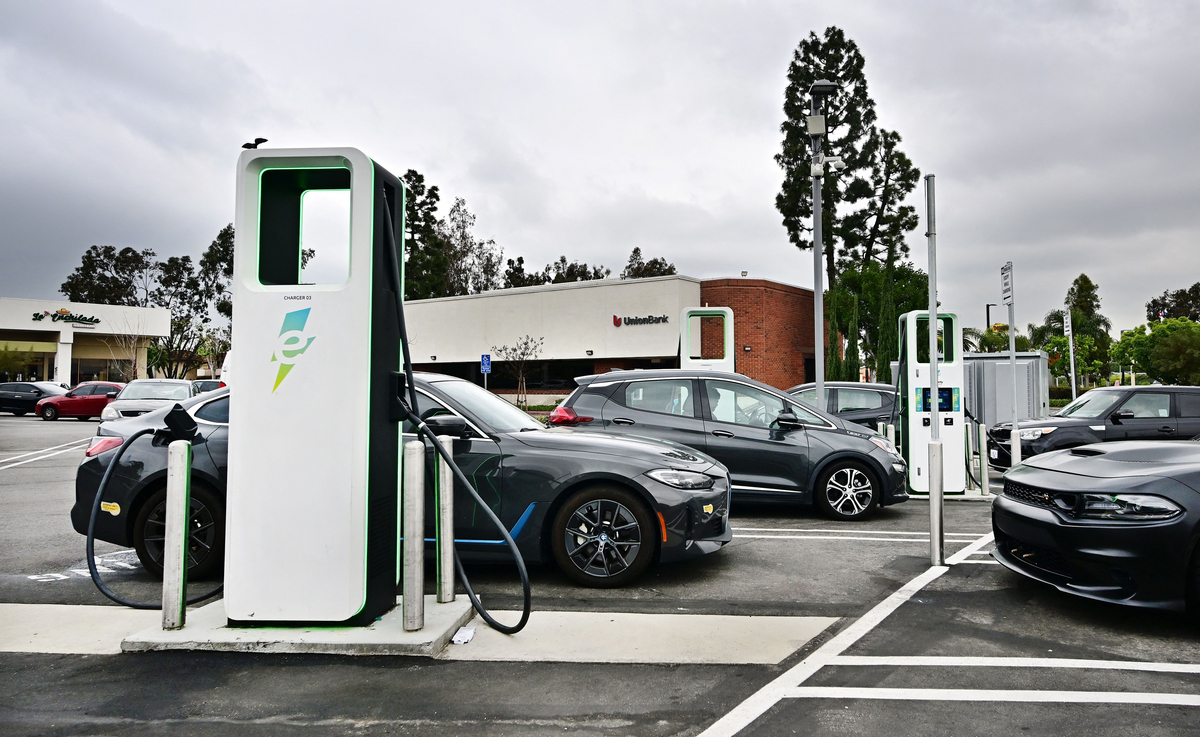Overcrowding And Caravans: The Future Of A UK City

Table of Contents
The Current State of Overcrowding in UK Cities
Overcrowding in UK cities is a significant and multifaceted problem. Data from [insert reputable source, e.g., Office for National Statistics, local council reports] reveals alarming statistics. For instance, [City X] has seen a [percentage]% increase in overcrowded households in the last [number] years, while [City Y] faces a similar challenge with [specific data]. This urban overcrowding has severe consequences:
- Strain on Infrastructure: Overcrowded areas often experience significant pressure on public transport, leading to increased commute times and overloaded systems. Utility services, such as water and electricity, also struggle to meet the demands of dense populations.
- Social and Economic Impacts: High population density is frequently linked to higher crime rates and increased social unrest. The pressure on healthcare and education services is immense, resulting in longer waiting lists and potentially lower quality of care. The impact on housing affordability is particularly acute, pushing many into precarious living situations.
- Case Study: [Specific Area within Chosen City]: [Describe a specific overcrowded area, detailing the challenges faced by residents]. This example highlights the urgent need for effective solutions to address urban overcrowding.
Related keywords: urban overcrowding, housing crisis, population density, affordable housing, UK city living, housing shortage.
The Rise of Caravan Living: A Temporary Solution?
The increase in caravan living reflects the broader housing crisis. Several factors contribute to this trend:
- Soaring Housing Costs: The unaffordability of traditional housing is a primary driver, forcing individuals and families to seek alternative, more affordable options.
- Social Housing Shortage: The limited availability of social housing further exacerbates the problem, leaving many with few options.
- Lifestyle Choice: For some, caravan living represents a lifestyle choice, prioritizing mobility and independence.
However, caravan living presents both advantages and disadvantages:
Advantages:
- Affordability: Compared to renting or buying a house, caravan living is significantly cheaper.
- Mobility: Caravans offer greater flexibility and mobility than traditional housing.
- Community: Caravan parks can foster a sense of community among residents.
Disadvantages:
- Lack of Amenities: Caravans often lack the amenities of traditional homes, impacting comfort and convenience.
- Health Concerns: The potential for dampness, inadequate insulation, and other health risks are significant concerns.
- Legal Issues: Planning permission and regulations regarding caravan sites can be complex and restrictive.
Related keywords: caravan parks, mobile homes, alternative housing, temporary accommodation, affordable living.
The Potential Future Scenarios: Overcrowding and Caravans Intertwined
Three potential future scenarios illustrate the complex interplay between overcrowding and caravan living:
Scenario 1: Exacerbation of Overcrowding: Unregulated growth in caravan living could exacerbate existing overcrowding problems, straining resources even further and potentially leading to the creation of new informal settlements.
Scenario 2: Temporary Solution: Well-planned and regulated caravan sites, providing essential amenities and services, could offer a viable temporary solution for some, alleviating pressure on traditional housing stock.
Scenario 3: Permanent Alternative: Caravan living may evolve into a more permanent, albeit unconventional, housing solution for a segment of the population. This necessitates a shift in social attitudes and urban planning strategies.
These scenarios highlight the need for proactive urban planning and strategic decision-making to manage this emerging trend effectively.
Related keywords: urban planning, sustainable housing, future of housing, long-term solutions, housing solutions.
Policy Implications and Potential Solutions
Current policies regarding housing and caravan parks often lack coordination and fail to address the root causes of overcrowding. Effective solutions require a multi-pronged approach:
- Investment in Affordable Housing: Increased investment in social and affordable housing is crucial to address the core issue of housing unaffordability.
- Improved Urban Planning: Strategic urban planning, including better zoning regulations and the development of mixed-use communities, can help manage population density.
- Regulation of Caravan Sites: Clear regulations and management of caravan sites are necessary to ensure adequate amenities, safety standards, and prevent the creation of unsustainable settlements.
- Innovative Housing Solutions: Support for innovative housing solutions, such as modular housing and co-housing initiatives, can contribute to increased housing diversity and affordability.
Local councils and the government must play a central role in implementing these solutions. Collaboration between various stakeholders is paramount.
Related keywords: housing policy, urban regeneration, government initiatives, planning permission, housing development.
Conclusion: Navigating the Future of Overcrowding and Caravans in UK Cities
The relationship between overcrowding and caravan living in UK cities presents a complex challenge. The future trajectory depends heavily on policy decisions and the implementation of innovative solutions. While caravan living offers a potential – albeit temporary – solution for some, it could also exacerbate existing problems if not managed effectively. Proactive planning, investment in affordable housing, and a coordinated effort between all stakeholders are crucial for mitigating the negative consequences of overcrowding and navigating this evolving housing landscape. We urge readers to engage in further discussion about overcrowding and caravans and their impact, and to contact their local authorities to voice their concerns and promote effective solutions.

Featured Posts
-
 Ukraine Conflict Putins Victory Day Ceasefire Takes Effect
May 09, 2025
Ukraine Conflict Putins Victory Day Ceasefire Takes Effect
May 09, 2025 -
 Psg Brise La Serie De Dijon En Arkema Premiere Ligue
May 09, 2025
Psg Brise La Serie De Dijon En Arkema Premiere Ligue
May 09, 2025 -
 Nhl 2025 How The Trade Deadline Shaped The Playoff Picture
May 09, 2025
Nhl 2025 How The Trade Deadline Shaped The Playoff Picture
May 09, 2025 -
 Wynne Evanss Go Compare Future Uncertain After Strictly Incident
May 09, 2025
Wynne Evanss Go Compare Future Uncertain After Strictly Incident
May 09, 2025 -
 Fox News Jeanine Pirro In Running For Top Dc Prosecutor Post
May 09, 2025
Fox News Jeanine Pirro In Running For Top Dc Prosecutor Post
May 09, 2025
Latest Posts
-
 The Auto Industrys Ongoing Battle Against Ev Mandates
May 10, 2025
The Auto Industrys Ongoing Battle Against Ev Mandates
May 10, 2025 -
 Car Dealerships Renew Fight Against Mandatory Ev Sales
May 10, 2025
Car Dealerships Renew Fight Against Mandatory Ev Sales
May 10, 2025 -
 E Bay Listings For Banned Chemicals Section 230 Protection Ruled Invalid
May 10, 2025
E Bay Listings For Banned Chemicals Section 230 Protection Ruled Invalid
May 10, 2025 -
 Ev Mandate Opposition Car Dealers Push Back Again
May 10, 2025
Ev Mandate Opposition Car Dealers Push Back Again
May 10, 2025 -
 Broadcoms V Mware Deal At And T Details A Massive Price Increase
May 10, 2025
Broadcoms V Mware Deal At And T Details A Massive Price Increase
May 10, 2025
